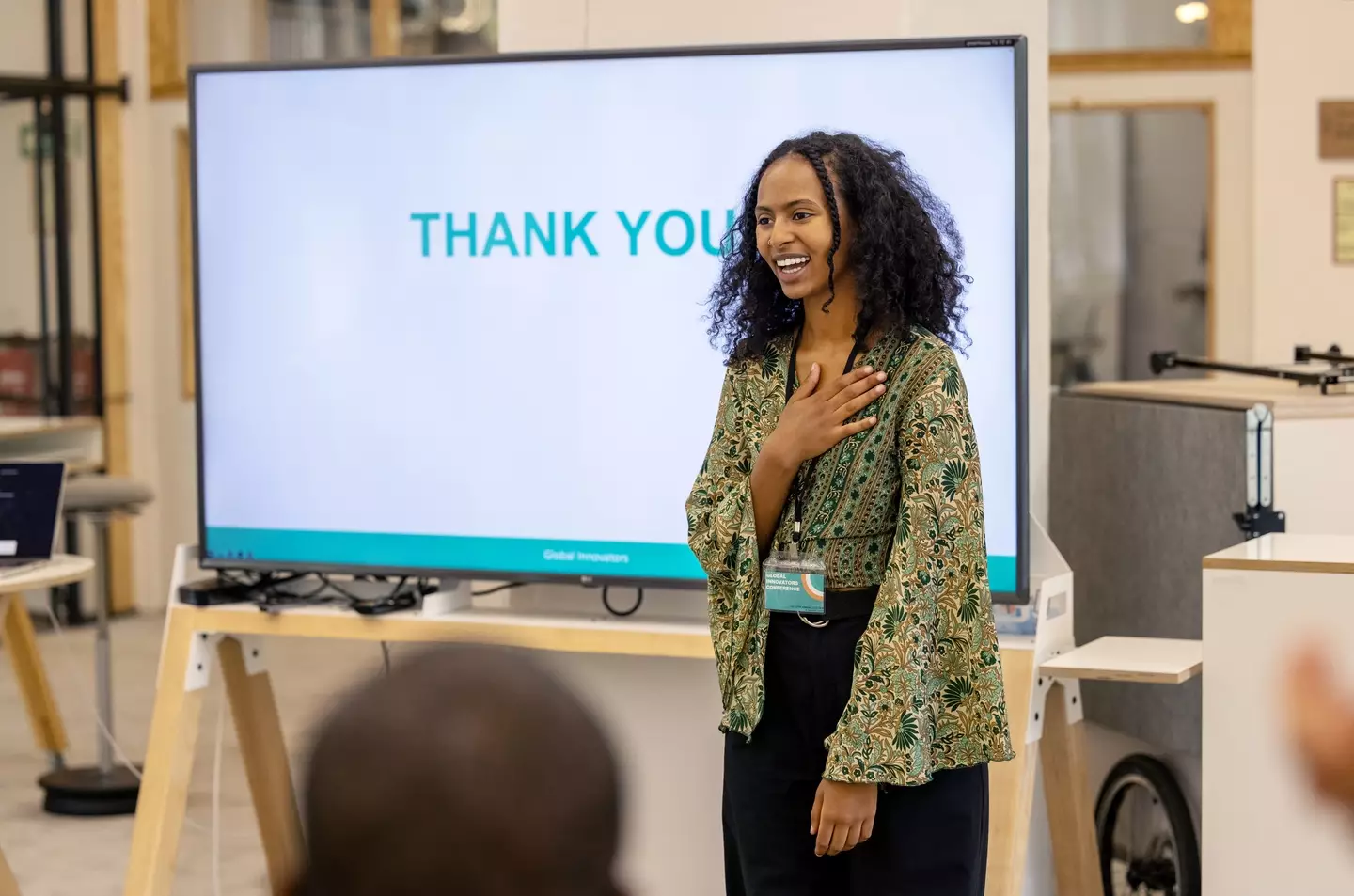The typical American response of saying ‘mm-hm’ when thanked is perceived as rude by many people outside the US.
Politeness varies significantly across cultures.
For instance, while slurping food is frowned upon in the US, in Japan, it demonstrates appreciative enjoyment.
Similarly, greetings differ worldwide, from handshakes in Western countries to cheek kisses in Europe and slight bows in some Asian societies.

Additionally, never cut in line in the UK.
Recently, social media highlighted how Americans sometimes respond ‘mm-hm’ when thanked, which some consider impolite.
Responses such as ‘You’re welcome’, ‘Don’t mention it’, or ‘No problem’ are expected, but Americans occasionally opt for a simple ‘mm-hm’.
Australians have noted that this can be perceived as indifferent.

Travelers find this dismissive, similar to responses like ‘Okay’.
An Australian TikTok user named Tilly expressed her confusion: “I don’t understand like talking to an American, you say ‘Thank you’ and they always just say like, ‘Mm-hm.’
“Like what the f***? I just said ‘Thank you’, say ‘You’re welcome’ or ‘All good’ or ‘No worries’, not f****** ‘Mm-hm.'”
Kacie, an American author from New York, admitted to using this response and noted that Italians have sometimes perceived her as upset.
She mentioned on TikTok: “I can’t tell you how many times Italians have thought I’m mad at them. Also, I’m from NYC, not the South, and this is a perfectly fine response to ‘thank you’ there too.”

Many commenters admitted to using ‘mm-hm’ without realizing it could be considered rude.
Someone noted: “Oh my god thank you so much for making this video. My British friends would make fun of me for this allll the time!”
This discussion has expanded to include regional phrases like ‘That’s okay’ from Pennsylvania and ‘Forget about it’ from New York.
Psychologist Dr. Hannah Yang emphasizes the importance of sincerely accepting ‘thank yous’ to foster meaningful relationships.
Dr. Yang suggests ways to improve international etiquette and maintain friendships.
She shared with Parade a list of 10 preferred responses, with ‘You’re welcome’ at the top for promoting positive interaction.
https://www.tiktok.com/@username/video/7030455807149919494
‘I’m glad you like it’ ranks second, typically in response to appreciation for completed work.
‘Glad I could help’ is third, reflecting gratitude for the opportunity to assist, with ‘I appreciate you saying that’ and ‘I appreciate your gratitude’ following.
Other friendly options include ‘happy to do this for you’ and ‘it was my pleasure’.
One-word responses like ‘anytime’ should be used with sincerity.
Phrases like ‘I’m here for you anytime you need’ might be excessive in non-emotional contexts, while ‘thank you for your kind words’ is often too formal, suited for customer feedback situations.
…You’re welcome.

